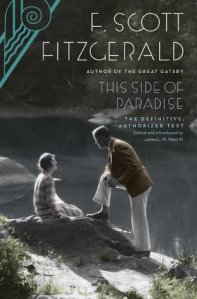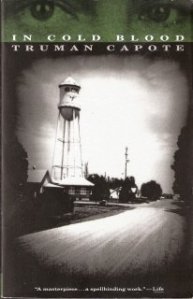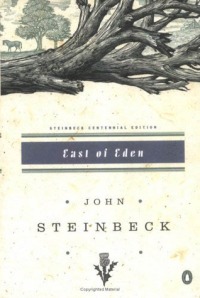Blurb:
One of E. M. Forster’s most celebrated novels, A Room With a View is the story of a young English middle-class girl, Lucy Honeychurch. While vacationing in Italy, Lucy meets and is wooed by two gentlemen, George Emerson and Cecil Vyse. After turning down Cecil Vyse’s marriage proposals twice Lucy finally accepts. Upon hearing of the engagement George protests and confesses his true love for Lucy. Lucy is torn between the choice of marrying Cecil, who is a more socially acceptable mate, and George who she knows will bring her true happiness. A Room With a Viewis a tale of classic human struggles such as the choice between social acceptance or true love.
Review:
I have not been known to spend my money on particularly pragmatic things. There was an heirloom apple tree native only to New England that I absolutely had to plant in my Midwestern garden. The old-tymey homemade ice cream maker that I vowed to use every summer, which ended up meaning one summer, the very summer I received it, used it, and stored it. But one day, with any extra cash lying about, I would love to sponsor a study at a statistical research institute about love triangles. Mostly about the verisimilitude of love triangles. Walk into a library and select a novel at random, and I’d bet your chances of picking up a book with a love triangle inside hover around 33%. But in real life, not Literature, does the population have a lifetime love triangle percentage of 33%? I doubt it, and yet, in books, those creative factories meant to mimic, comment, and critique “real life” insist on this romantic concept. Love triangles everywhere, love triangles abound! E.M. Forster’s A Room with a View is not an exception.
Why does this authorial obsession for love triangles exist? For one thing, it might not be an entirely authorial preoccupation but also readerly: writers can say all they want about Art, but they are almost always just giving us what we want. Love triangles are schematics. An easy way to capture a complex thing. So here, the three-sided polygon between Lucy, George, and Cecil is about the future. Cecil is labeled “medieval” which makes George the “modern” man. It’s up to the woman to decide which way the wind is blowing—forward? Or backward? Cecil can promise her a cloistered life like her mother lived; she will live happily but in the background. Life will unfold like a masterwork painting before her eyes. George can promise very little except for one very big thing: the possibility to step into the painting and become a masterpiece herself.
It’s a really clever book and somehow manages to dismantle the manic pixie dreamgirl trope way back in 1908, that is, 97 years before the facile term was coined. So it’s even more impressive in its own historical context. For a good chunk of the novel, I was unsure if I was reading a deeply sexist book or a deeply feminist book. All becomes clear by the end, in fact, if not for the final chapter, this could have entered the annals of feminist literature.
Yet I’m surprised to see that some readers sighed over this like a true romance. Forster’s sardonic, detached narrator made such a reading impossible for me. Instead of presenting the facts through Lucy’s loveshocked eyes, he allows us to experience the events at a distance. It is worth noting that this distance is undoubtedly located above: the narrator and reader are above Lucy; we see her faults while she fails to. This choice creates an interesting effect, indeed, an effect at odds with the early feminist message Forster otherwise promotes. Again and again, Lucy says that only women can speak for women and that her thoughts, far from being ideas projected on to her by men, truly exist. Thus her back-and-forth between the two suitors is an attempt to find independence in the midst of a marriage that will undeniably rest upon dependence. She, not a man, will speak for her own hand. But Forster’s superior narrator who suspends us just above the intrigue, dangling like a chandelier in the English parlor at teatime, allows us to observe and share in his judgments (I use “his” because there is no question that Forster’s narrator, mostly an authorial stand-in, is male). The consequence being that even as women exit the Victorian era and claim greater autonomy, even in a novel that celebrates this social change, they remain objects of Art, decorous and meaningful, so long as this meaning is recognized and capitalized by a man. In short, an imperfect, funny little book that undermines itself.
<h2>3 out of 5 stars</h2>








